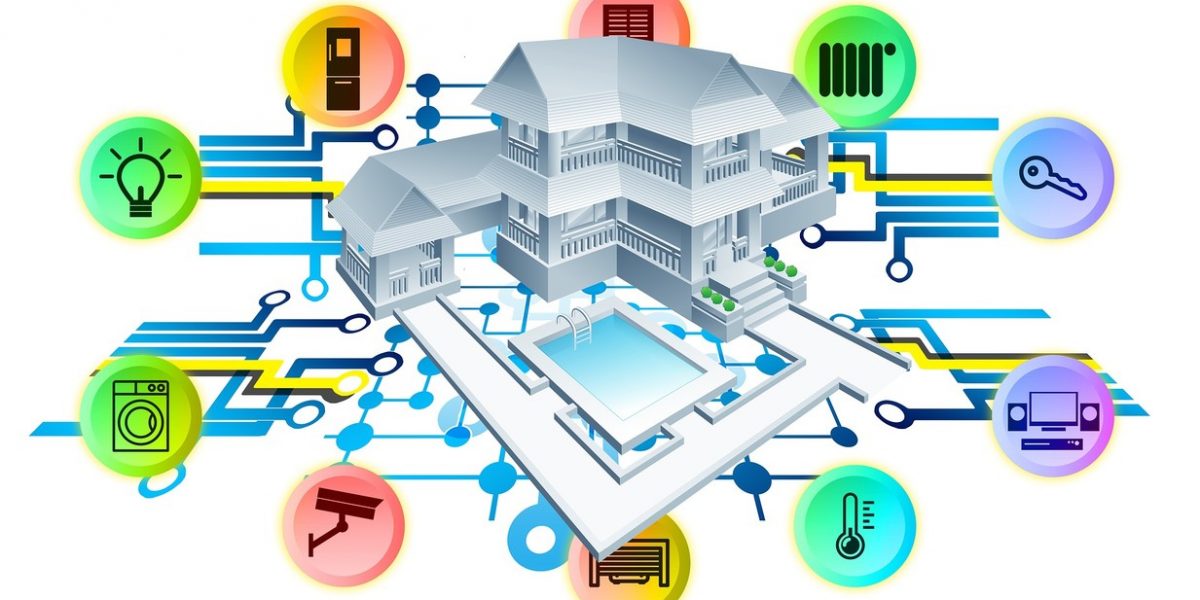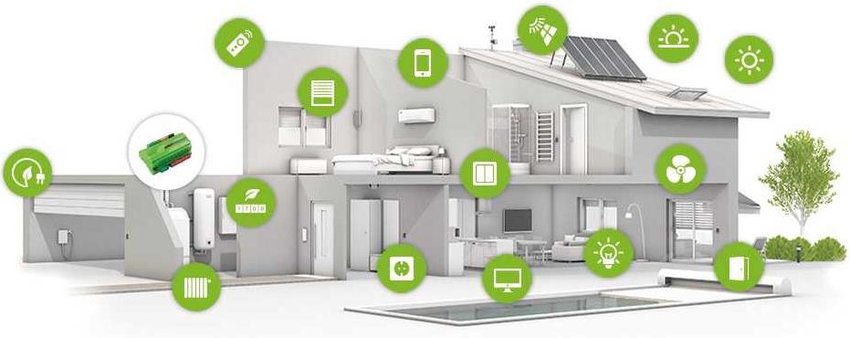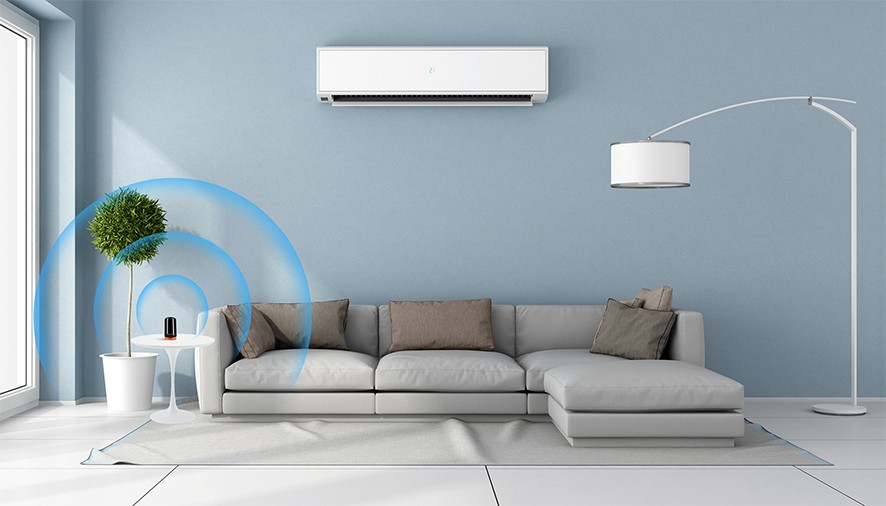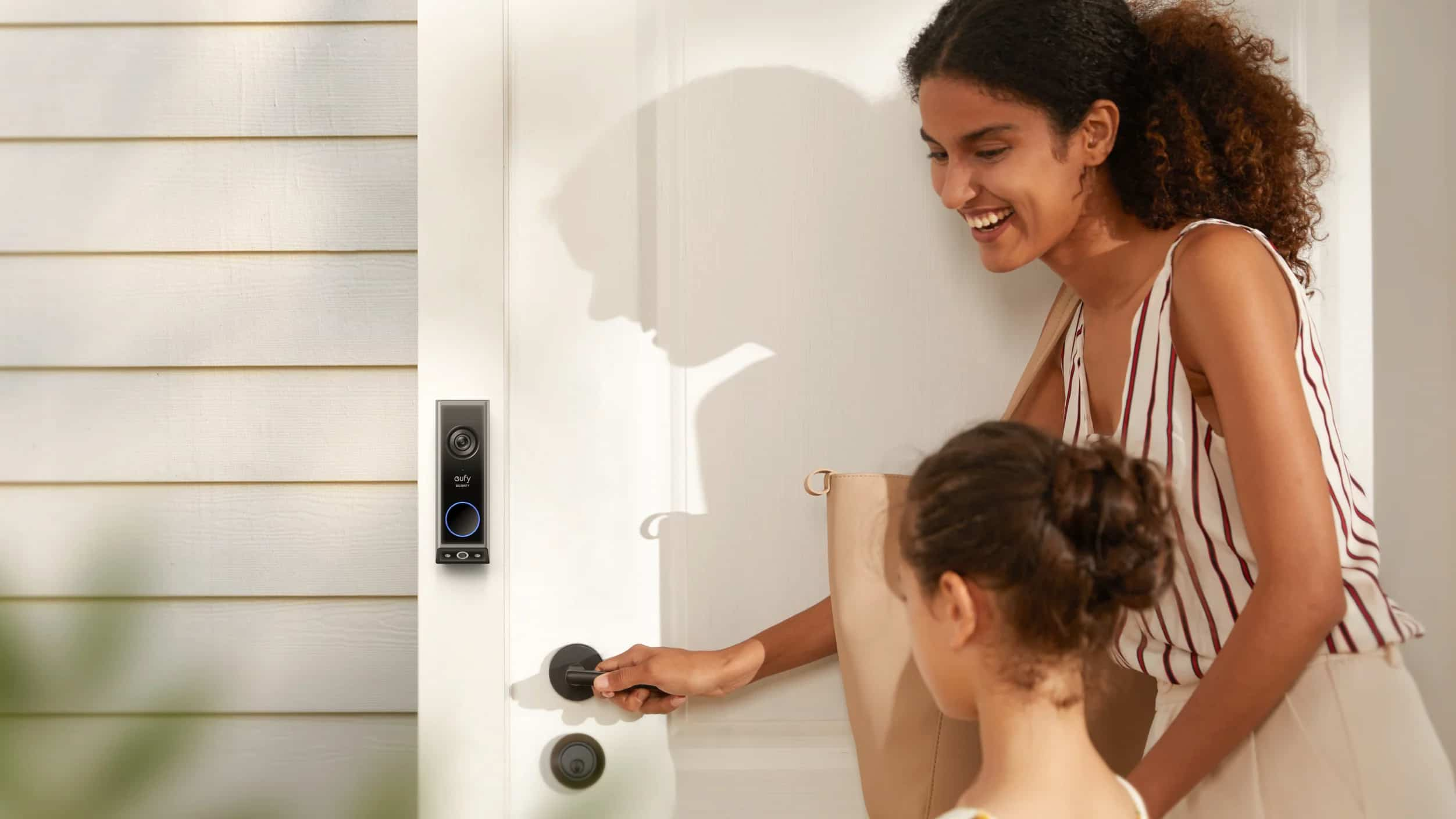Hey there, tech enthusiasts and energy-conscious homeowners! Are you tired of skyrocketing electricity bills and wondering how you can make your home more efficient without sacrificing comfort? Well, you’re in for a treat today. We’re diving deep into the world of smart homes and exploring how these incredible technological marvels are revolutionizing the way we consume energy. Trust me, by the end of this article, you’ll be itching to transform your traditional home into an energy-saving powerhouse!
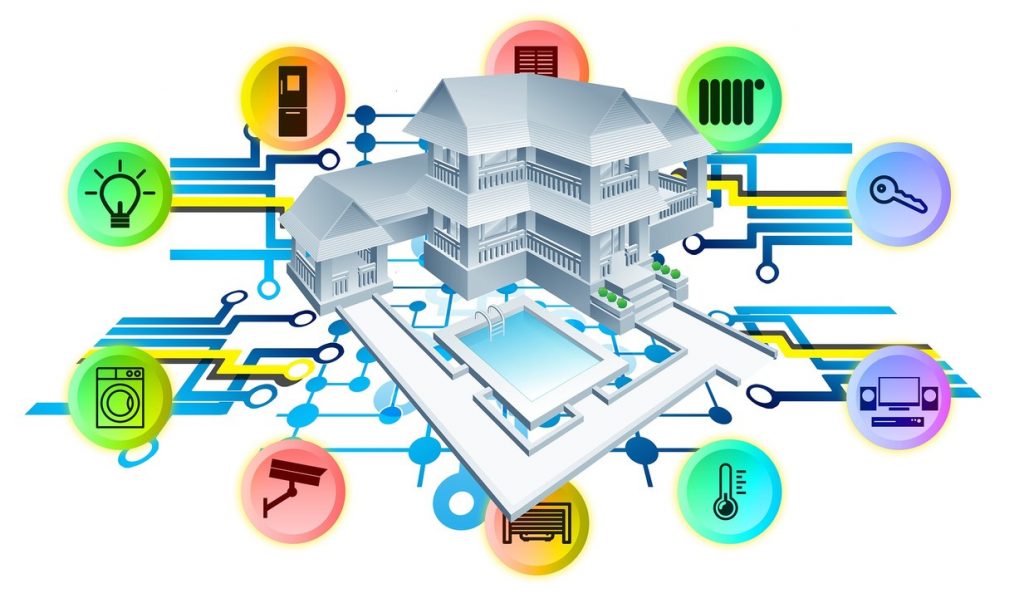
Smart Home Technology: Your Gateway to Incredible Energy Savings
Picture this: you’re coming home after a long day at work, and your house already knows you’re approaching. The smart thermostat has adjusted the temperature to your perfect comfort level, the smart lighting system has dimmed to create that cozy evening ambiance you love, and your energy monitoring system has been diligently tracking every kilowatt-hour used throughout the day. This isn’t science fiction – it’s the reality of smart home technology today!
Smart homes represent a fundamental shift in how we interact with our living spaces. By integrating internet of things (IoT) devices throughout your home, you create an interconnected ecosystem that works tirelessly to optimize energy consumption. These systems don’t just make your life more convenient; they’re actively working to slash your electricity bills while reducing your environmental impact.
The beauty of smart home systems lies in their ability to learn from your habits and preferences. Through machine learning algorithms and data analysis, these systems become increasingly efficient over time. They understand when you typically wake up, when you leave for work, when you return home, and even when you prefer different lighting or temperature settings throughout the day.
Intelligent Thermostats: The Heart of Energy Optimization
Let’s talk about the game-changer in home energy efficiency – the smart thermostat. Traditional thermostats are like that friend who never quite gets the hint; they maintain the same temperature whether you’re home or away, awake or asleep. Smart thermostats, on the other hand, are like having a personal energy assistant who understands your lifestyle perfectly.
These incredible devices can reduce your heating and cooling costs by up to 23% annually. How do they achieve such remarkable energy savings? Through a combination of occupancy sensing, weather integration, and learning algorithms that adapt to your schedule. When you’re away from home, your smart thermostat automatically adjusts to more energy-efficient settings, then begins warming or cooling your home just before you return.
The remote control capabilities of smart thermostats add another layer of efficiency. Stuck in traffic and running late? No problem – adjust your home’s temperature from your mobile app. Planning to work late? Set your thermostat to energy-saving mode until you actually need that comfortable temperature. This level of control was unimaginable just a decade ago, yet it’s now an accessible reality for homeowners everywhere.
Revolutionary Smart Lighting: Illumination Meets Intelligence
Smart lighting systems represent one of the most visible and immediate ways to achieve energy efficiency in your home. These systems go far beyond simple on/off switches, offering dimming capabilities, color temperature adjustment, and automatic scheduling that can reduce your lighting energy consumption by up to 60%.
The magic happens through smart sensors that detect occupancy and natural light levels. When a room is unoccupied, lights automatically turn off. When natural sunlight is abundant, indoor lights dim or turn off entirely. During evening hours, lights can gradually dim to warmer color temperatures that promote better sleep while using less energy.
Voice control integration makes smart lighting even more user-friendly and efficient. Instead of walking across the house to turn off lights you forgot about, simply tell your smart home assistant to handle it. This convenience factor significantly improves energy-saving compliance – when it’s easy to turn lights off, people actually do it more consistently.
Energy Monitoring: Knowledge Is Power (Saving)
One of the most powerful features of smart home technology is comprehensive energy monitoring. These systems provide real-time data analysis about your home’s energy consumption, breaking down usage by device, room, and time of day. This unprecedented visibility into your energy patterns empowers you to make informed decisions about your consumption habits.
Smart plugs and energy monitoring devices can identify energy vampires – those devices that continue consuming power even when they appear to be off. Gaming consoles, televisions, coffee makers, and other appliances often draw standby power 24/7. With smart plugs, you can automatically cut power to these devices when they’re not in use, eliminating this waste entirely.
The data collected by energy monitoring systems also helps identify trends and opportunities for improvement. Maybe you’ll discover that your old refrigerator is consuming far more energy than expected, making a strong case for upgrading to an energy-efficient model. Or perhaps you’ll realize that your home office equipment is drawing significant power during hours when you’re not working.
Smart Appliances: Efficiency Meets Convenience
Modern smart appliances are revolutionizing home energy consumption through intelligent operation and integration with broader home automation systems. These devices can communicate with your smart grid connection to operate during off-peak hours when electricity rates are lower, automatically deferring energy-intensive tasks like dishwashing or laundry to more economical times.
Smart refrigerators optimize their cooling cycles based on usage patterns and ambient temperature. Smart washing machines select optimal water temperatures and cycle lengths based on load size and fabric types. Smart water heaters learn your hot water usage patterns and heat water only when needed, rather than maintaining a constant temperature 24/7.
The integration capabilities of smart appliances create synergies that amplify energy savings. Your smart thermostat might communicate with your smart oven to account for additional heat generation during cooking, adjusting the HVAC system accordingly. This level of coordination ensures optimal efficiency across all your home systems.
Environmental Impact: Green Technology for a Sustainable Future
Beyond personal cost savings, smart home technology contributes significantly to environmental protection and carbon footprint reduction. By optimizing energy consumption at the individual household level, smart homes collectively reduce strain on electrical grids and decrease the need for additional power generation facilities.
The integration of renewable energy sources like solar panels becomes even more effective with smart home systems. Energy storage solutions can automatically store excess solar generation during peak production hours and release it during evening hours or cloudy periods. Smart grid integration allows homes to sell excess renewable energy back to utilities, creating additional economic incentives for sustainable living.
Smart homes also support broader environmental goals through reduced resource consumption. Intelligent irrigation systems prevent water waste by monitoring weather forecasts and soil moisture levels. Smart waste management systems can optimize recycling and composting programs. Every aspect of resource consumption becomes more thoughtful and efficient.
Return on Investment: The Financial Case for Smart Homes
While the initial investment in smart home technology might seem substantial, the return on investment typically justifies the expense within 2-3 years through energy savings alone. The average smart home saves homeowners $1,200-$1,800 annually on utility bills, with some high-efficiency homes achieving even greater savings.
Beyond direct energy savings, smart homes often increase property values significantly. Homebuyers increasingly prioritize energy efficiency and modern technology features when making purchasing decisions. Studies indicate that smart home features can increase property values by 3-5%, making them not just an operational investment but also a strategic financial decision.
The cost savings extend beyond electricity bills. Smart security systems can reduce insurance premiums. Preventive maintenance alerts from smart appliances can prevent costly repairs. Remote monitoring capabilities can prevent issues like water leaks or HVAC failures that could result in expensive damage.
Future Technology: Innovation Never Stops
The smart home revolution is just beginning. Artificial intelligence continues advancing, making home automation systems more intuitive and efficient. Future innovations promise even greater energy savings through predictive analytics that anticipate your needs before you even realize them.
Emerging technologies like improved battery storage, more efficient solar panels, and advanced smart grid integration will further enhance the energy-saving potential of smart homes. The integration of electric vehicle charging with home energy systems creates new opportunities for load balancing and cost optimization.
As utility companies continue developing time-of-use pricing structures and demand response programs, smart homes will become increasingly valuable for managing electricity costs. Homes that can automatically shift energy consumption to off-peak hours will realize even greater savings.
Smart home technology represents more than just convenience – it’s a fundamental shift toward sustainable, efficient, and intelligent living. The combination of immediate cost savings, environmental benefits, and improved quality of life makes smart home investment one of the most impactful decisions homeowners can make today. As technology continues advancing and becoming more affordable, the question isn’t whether to adopt smart home technology, but rather how quickly you can begin realizing these incredible benefits.
The future of energy efficiency is already here, waiting in the palm of your hand through user-friendly mobile apps and voice-controlled smart assistants. Every day you delay adopting smart home technology is another day of unnecessary energy waste and missed savings opportunities. Start small with a smart thermostat or smart lighting, and gradually build your intelligent home ecosystem. Your wallet, your comfort, and the environment will thank you for making this forward-thinking choice.
